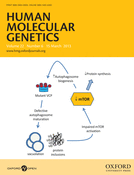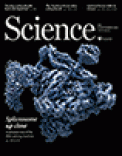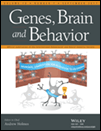 At least one disgruntled co-author has triggered the retraction of a paper presenting a novel approach to treating a rare, genetically inherited condition.
At least one disgruntled co-author has triggered the retraction of a paper presenting a novel approach to treating a rare, genetically inherited condition.
The paper concerned research on Fragile X syndrome (FXS), characterized by both intellectual and physical abnormalities, which is linked autism. A compound that passed through phase 2 clinical trials in October 2015 appeared to partially treat FXS in mice in the study, published earlier this year.
The journal’s notice says the paper was retracted over a dispute among authors about the order in which they are listed on the paper: Continue reading Dispute over author order torpedoes paper on syndrome linked to autism
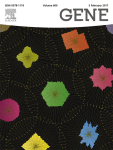
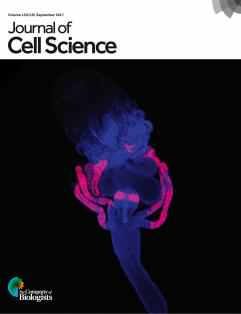 A journal has published an expression of concern (EoC) for a paper on cancer genetics in mice, over a concern about data in some gel panels.
A journal has published an expression of concern (EoC) for a paper on cancer genetics in mice, over a concern about data in some gel panels.  A biologist is crying foul at a journal’s decision to correct (and not retract) a paper he claims plagiarized his work — and one of his colleagues has resigned from the journal’s editorial board as a result.
A biologist is crying foul at a journal’s decision to correct (and not retract) a paper he claims plagiarized his work — and one of his colleagues has resigned from the journal’s editorial board as a result. Nature
Nature


